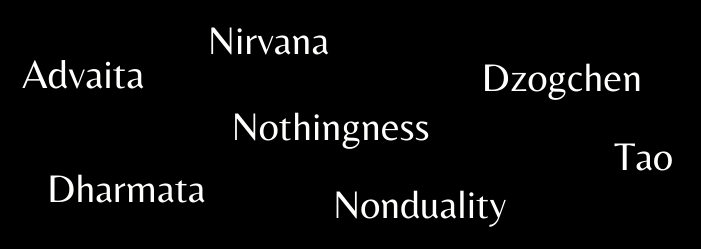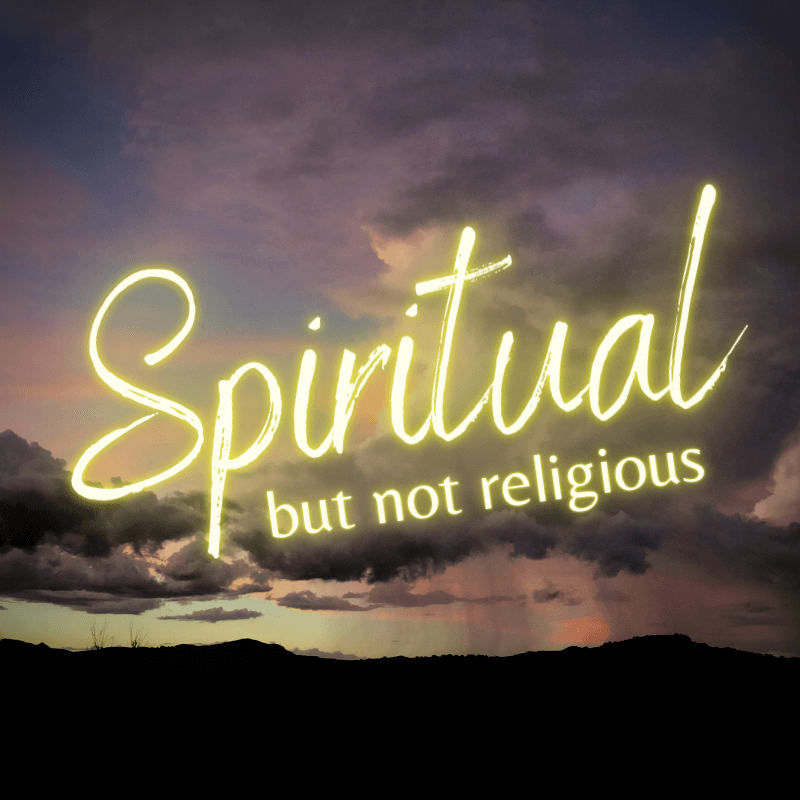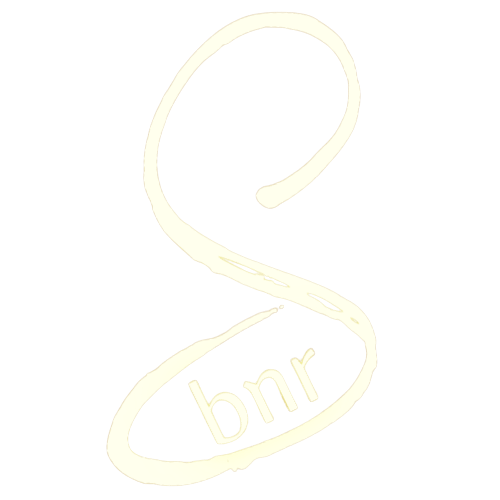Episode 6: My takeaways from "God is Nothingness" by Andre Halaw
Podcast Episode #6: My takeaways from "God is Nothingness" by Andre Halaw
Click here to see the video version on YouTube or scroll down to see the video embedded on this page.

In the last couple of episodes I summarized the things I learned from reading two books by Dr. David R. Hawkins. In this episode I’ll talk about my takeaways from a book written by Andre Halaw (pronounced like “hallow”): God is Nothingness: Awakening to Absolute Non-being. The book is only 79 pages long, but it is packed full of thoughtful wisdom. If you need to pause during this podcast to think on some of the concepts, please do.
Halaw is an ordained monk in the Five Mountain Zen Order and a high school English teacher in New Jersey. His insights throughout
God is Nothingness
really resonated with me.
First, he quotes from the Tao Te Ching, “All things are born of being; being is born of nonbeing [Nothing].” He spends the rest of the book unraveling the meaning of that in such a way that it becomes absolutely clear.
Halaw begins by describing Nothingness, which he spells with a capital N to differentiate it from the common word “nothing” that is the opposite of “something”. He says, “Bound by neither space nor time, Nothingness is dimension-less, time-less, and form-less.” He likens Nothingness to Nirvana, Dharmata, and Tao. He dislikes using the word “God” because it means so many different things to different people. In this book, God is called Nothingness, akin to Baruch Spinoza’s Substance and Dr. David R. Hawkins’ Presence. It is the “true nature of all that exists.” In that sense, you and I and everything in the universe is Nothingness, “beyond the limitations of form.”
Halaw explains that his preference for the word “Nothing” or “Nothingness” over the word “God” stems from the many connotations attached to the word “God”, and that, “No one has ever killed someone over the word ‘Nothingness,’ but the same cannot be said about ‘God’.”
Halaw describes the teachings of Advaita Vedanta. These state that people are intuitively aware that their true nature is “identical with God,” but that during our daily lives we tend to become confused. We end up pursuing earthly pleasures in place of the bliss of realizing our true nature. A thorough understanding of our nature eludes us. Instead, we retain a vague notion of non-being and fear nothingness as annihilation of our selves.
According to Halaw, the infinite Nothingness or Non-being precedes the finite being. Halaw describes Nothingness as “the vibrant void from which all of existence continuously springs.” It is the “unknowable source” that neither “is” nor “becomes,” yet sustains all of existence.
I love the way Halaw words things. Here are a few of my favorite quotes:
“Everything originates from, resides in, and eventually returns to Nothingness.”
“Nothing changes and yet everything happens.”
“Nothingness sings as birds, sighs as the wind, breathes as humans, and knows as mind.”
“Without the ocean, there are no waves. Similarly, without Non-being there is no ‘being’.”
Halaw’s Nothingness shares the same foundation as the traditions of apophasis, the via negativa, and Neti-Neti. The general idea is to negate all of the limiting characteristics of traditional existence. Doing this exposes the infinite underlying basis of all beingness, which is Nothingness. In Halaw’s words, “we must look beyond our ordinary experience to find the Absolute.” But then he says, “Once we have negated everything, we awaken to the fertile Nothingness….that is the true nature of all existence.” And once we have done that, “we are…free to reaffirm all of those things that we previously negated.”
Like Dr. Hawkins, Halaw also talks about how we need to let go of our attachments to emotions, thoughts, and objects. Doing this gives us the freedom to recognize that these things are not “the Absolute” and denies the ego the ability to control our reactions.
He also defines the nature of awareness and the mind. Like Hawkins, Halaw notes that experiencing “raw reality” is not a thing. Our senses pass input to our nervous systems, and then they must interpret the data so that our consciousness can make sense of everything.
According to Halaw, suffering comes about when we let our egos drive us to think that the world needs to be a certain way. Each of us has an idea of the way people, things, and events should be; if they aren’t the way we expect, then we experience anguish. If we want to experience the divine in our own lives, then we must give up those expectations.
Once we give up our ego and follow the Neti-Neti or Taoist way of seeing things—”Not this, not that” or “Not I, not me”—we find that our thoughts and senses do not define us. We find that there is no “I” or “me” to be satisfied by our experiences in the world. The universe owes us nothing and does not need to conform to our expectations in order for us to feel complete. Giving up those ideals and expectations frees us to be our true selves, embracing both “being” and “Non-being.”
Halaw describes how to go through a checklist of feelings and thoughts and negate them as we try to find the “I” of our selves. In the end, a definitive “I” is nowhere to be found. What remains after this investigation is the Absolute Nothingness that underlies all of existence.
Halaw then assures us that once we master this way of finding our way to Nothingness, we will learn to incorporate this mode of being into our everyday lives. We’ll be able to recognize when we are succumbing to emotional turmoil and negate those thoughts and feelings as objects that are not It (with a capital I). We’ll be free to enjoy life without the anxiety of trying to control every aspect of it. As Halaw puts it, we’ll become free to experience “the divine dance of Nothingness.”
I’ve talked before of our journey as a search for nondual spiritual awakening. Halaw delves deeply into what nonduality really means. Traditionally, nonduality is defined as the realization that we are connected to every other thing in the universe, that even the Source of all being is a part of all of us. Halaw says that while nonduality encompasses “all that is” in the sense of beingness, we must also incorporate the idea of Non-being, “which precedes and acts as the very basis of ‘being’ itself.” He describes it with a metaphor of Nothingness being a canvas, while nonduality with its interconnected matrix of “being” is the oil painting on the canvas. Everything can only exist because of Nothingness.
It’s a short book, and Halaw repeats many of his ideas in a variety of ways, but I found every single page worth reading. There is also a Works Cited section at the end that one could use as a reference for further reading.
If you are interested in reading
God is Nothingness by Andre Halaw and supporting this podcast at the same time, you can order the book using these links (as an Amazon Associate I earn from qualifying purchases made through these links):
• God is Nothingness (Kindle version) — https://amzn.to/3xh5uLI
• God is Nothingness (paperback version) — https://amzn.to/3awKjLZ
I’ll receive a small commission, and you’ll receive my thanks for supporting this podcast.

